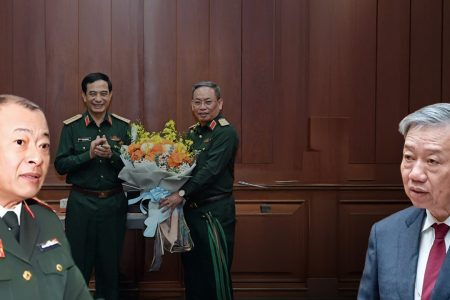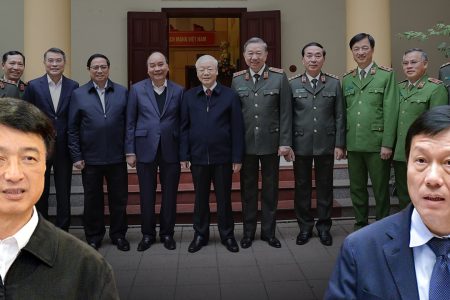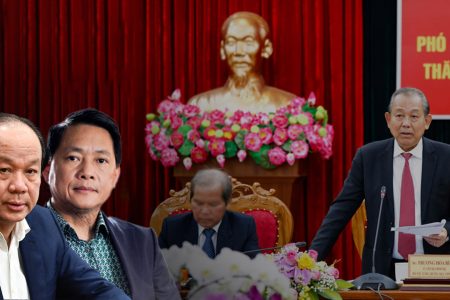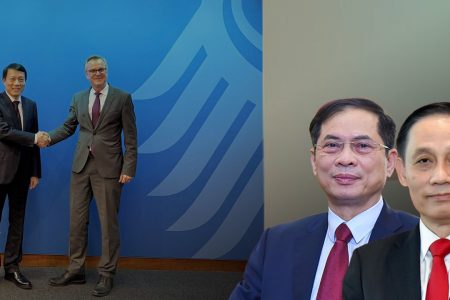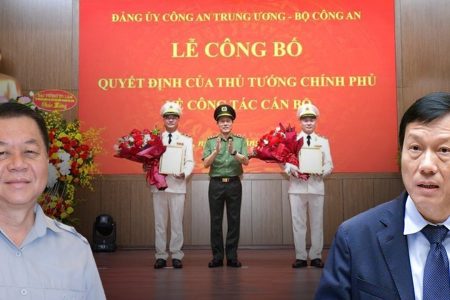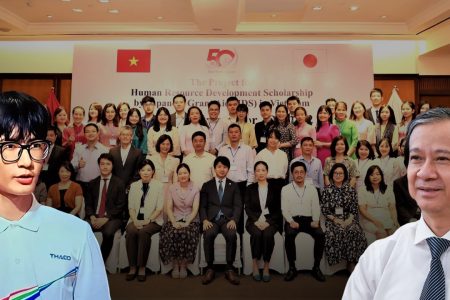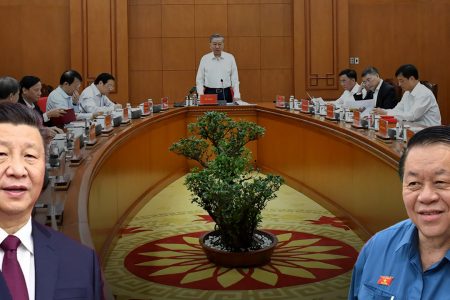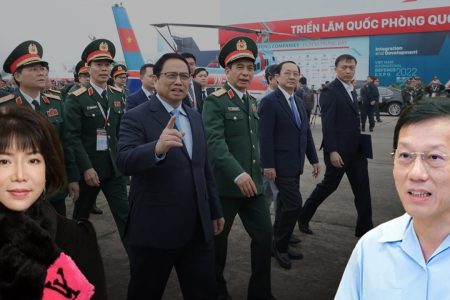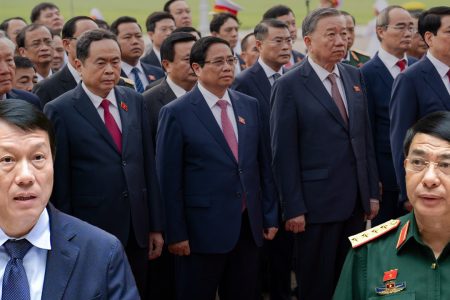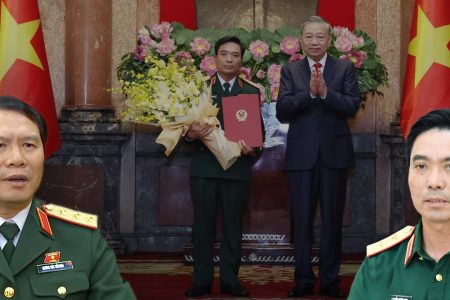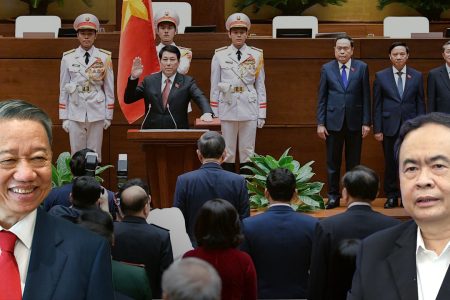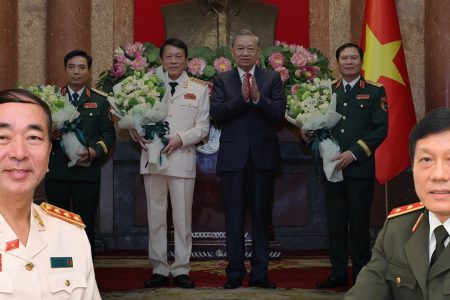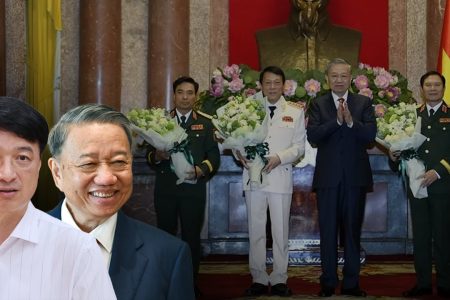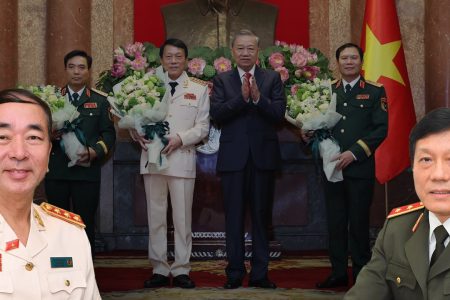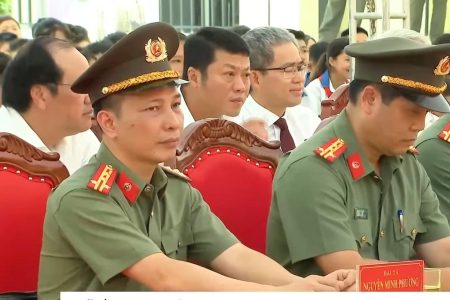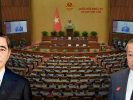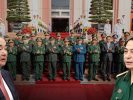
Recently, the situation of overlapping legal documents, causing officials to be confused when applying, afraid of responsibility, and not daring to perform their duties, is a hot issue.
Mr. Phan Van Mai, Chairman of the People’s Committee of Ho Chi Minh City, said, “This situation is due to overlapping policies and legal documents, one negating the other, exactly in this document but wrong in other documents, this one prohibits but another one allows…”
Thanh Nien newspaper on October 13 reported the above news with the title, “Chairman of Ho Chi Minh City: Overlapping regulations make officials confused when giving advice.” According to Mai, overlapping legal regulations make officials worried and afraid that officials understand the law in one way, inspectors understand the law in another way.
This is an emerging problem in the situation where the majority of officials and party members in the state apparatus are afraid of making mistakes and do not dare to perform their duties. The common mentality is to fear of being accused without knowing right or wrong, if they go against the Party leader’s will, it will cause trouble.
Thus, what is the role of the National Assembly as a legislative body when promulgating legal documents that are overlapping and unclear, causing officials to wonder and be afraid, because legal documents can be interpreted in many different ways?
The 2015 Constitution, Article 69 clearly states, “The National Assembly is the highest representative body of the People, the highest state authority of the Socialist Republic of Vietnam. The National Assembly exercises constitutional and legislative rights, decides on important issues of the country and has supreme supervision over State activities.”
Recently, Prime Minister Pham Minh Chinh also acknowledged the above mentioned situation, and said that, if state officials have problems with policies or legal documents that are difficult to implement, just submit them to the Government, don’t be shy, because the National Assembly always accompanies with the Government.
In fact, experts say that the legislative body – the National Assembly of Vietnam – does not fulfill its role as prescribed by the Constitution. Specifically:
Firstly, the National Assembly does not directly draft bills, laws and by-law documents… The National Assembly does not play a legislative role but becomes a “seal” agency, passing bills, Law… drafted and submitted by the Government.
Second, the quality of National Assembly deputies is poor, most of them do not have legal expertise, and do not have the ability to draft documents. Even reading and understanding when passing bills with loose wording can easily lead to different interpretations for each person. That is, when the quality of National Assembly representatives is poor, of course, the quality of legislation is also similar.
National Assembly delegate Le Thanh Van commented: “This is not a good thing. Programs to develop laws and ordinances have many potential risk factors and cannot avoid group and local interests.”
Prime Minister Pham Minh Chinh’s statement that the National Assembly always accompanies the Government is a very wrong understanding in principle. The National Assembly – with its legislative role, and the Government – with its executive and law enforcement role – are two completely different institutions.
But in Vietnam, the Communist Party stands above everything, as General Secretary Nguyen Phu Trong affirmed that “The Constitution is the most important political and legal document after the Party Platform.” Therefore, the Prime Minister’s saying that the National Assembly accompanies the Government is wrong, but also correct.
It reflects a situation in Vietnam, according to which “the law is me, I am the law.” At the same time, it shows that the National Assembly of Vietnam is only a tool of the Communist Party of Vietnam, meaning that the Party wants the National Assembly to make laws exactly like it wants.
Vietnamese law, as lawyer Ngo Ba Thanh once said in her life, “In Vietnam there is a forest of laws, but when judging, the law of the jungle is used” shows that in essence the Vietnamese legal system is like how.
Commenting on the organization of the Vietnamese National Assembly, Mr. Bui Kien Thanh, an overseas Vietnamese who has returned to work in Vietnam for many years, said:
“In Vietnam, people entering the National Assembly like monks or generals is a very different thing compared to other countries. They are not required to have knowledge about politics, legislation, or laws. It is unique in that most of them are amateurs, every year they come together, wait for the Government to come up with these and that laws, then meet in groups and give their opinions and finally press the button and it’s done!”
Thoibao.de (Translated)



